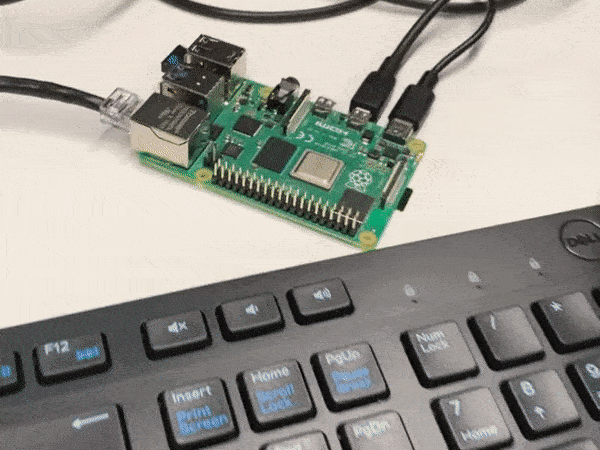Some important lessons from my time at CNN
As part of my BBC apprenticeship, I worked at CNN for a total of sixth months.
It would be hard not to learn stuff on your first placement. Before working at CNN, I barely had any experience with broadcast tech or electronics, let alone being part of a professional team. There was a lot to learn, and there still is.
But, it goes without saying that my time with CNN has made me so much more confident. Not just with the technology, but also just approaching people for help or otherwise - embracing the fact I'm an apprentice and relatively clueless.
Know what you don't know
Be aware 💡
I had to accept the fact I was clueless. By being aware of this - and embracing it - I had the freedom of realising nobody really expects much from me. This is great because if I actually end up doing something quite good, it looks ten times better because I'm just the apprentice, you know?
I also have the freedom of asking lots of questions. Questions are great, and I had an easy excuse for asking simple or repetitive ones. This is a rare excuse, that only a certain breed of person has access to:
"idk, i'm just the apprentice."
Engage with whoever you can
Be social ✌🏼Nothing will get in your way as long as you're friendly and open. That way, you're also making yourself more approachable. As an apprentice, I rely on others to help me out, point me in the right direction and give me stuff to do. You really have to be proactive in making connections and starting conversations with people.
Otherwise, time will fly by and you might not have had chance to really chat to half the team, and that's just sad. In my experience, engineers - especially those who've been in the industry for a while - absolutely love sharing stories from their career. Invite them to fill you in, you won't regret it. Or maybe you will. Only one way to find out.
The world runs on a few technologies
Be curious 💭
Here's where I get nerdy. Following on from the last point, once you realise how much you don't know - it's time to start learning. Fresh from my first placement with CNN, I remember making a list of all the technologies I wanted to learn. After being surrounded by all that tech in CNN, and not really understanding what's going on, I felt inspired to learn. The list was pretty long, but three main areas stood out:
- 💻 Software
- 🌐 Networks
- 🎥 Video Production
Think about it - how much of our lives involve computers, videos and the internet. Take one of those away and it'll be like we're on another planet. These are such influential areas, and I continue to learn so much about them.
Get stuck in
Be confident 🤘This is a big one. I wrote about confidence ealier, and it's definitely something I feel develops with experience. But still, confidence doesn't require experience. It's this confidence that sparks a question or conversation that might snowball into something much bigger. Isn't that exciting?
I learnt not to be put off by things I didn't know - after all, I'm there to learn. With this mindset, I'm more willing to throw myself in and ask questions. Starting to learn something is often the hardest part, but pushing through it becomes so worth it. It's almost like unlocking another skill which you can put to use in the future.
Obviously it's good to be aware of times that, as the apprentice, I should shut up - it's not all about me. But, for the most part, people aren't going to care if the apprentice asks a simple question or makes a mistake, so why worry? I always come back to that thought as it puts things into perspective. Do your thing.
Being an apprentice at home is hard
Be positive 🌞
Zoom. It's not the same, man.
An irrelevant thought before 2020. But with the world as we know it now, it's definitely a thing. I thrived off the interactions, hands-on experience and running around picking up little jobs on my first placement. From my bedroom, it's a bit harder. Okay, a lot harder.
Things can feel a bit more forced, and simple chats take a bit of planning. Hopefully it's only a temporary situation - although "temporary" has already lasted way longer than expected.
The positives
There were positives, however, which is the point of lesson #5. Some days I found myself on calls with international engineers collaborating to dig out network issues. I had the opportunity to experiment with remote methods of broadcasting, such as SRT.
Sometimes, I'd have a bit of downtime where I could do my own thing. Whether this is research, testing or trying out something new. For me, this was when I could really dive into web development - resulting a pretty sweet app: WatchWhere, and an amazing skill for life. If you couldn't tell by the site, I've gotten really into web development and it was this time at home that I really had time to explore it - so there's my silver lining. Positivity.




